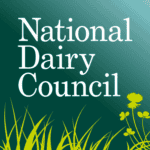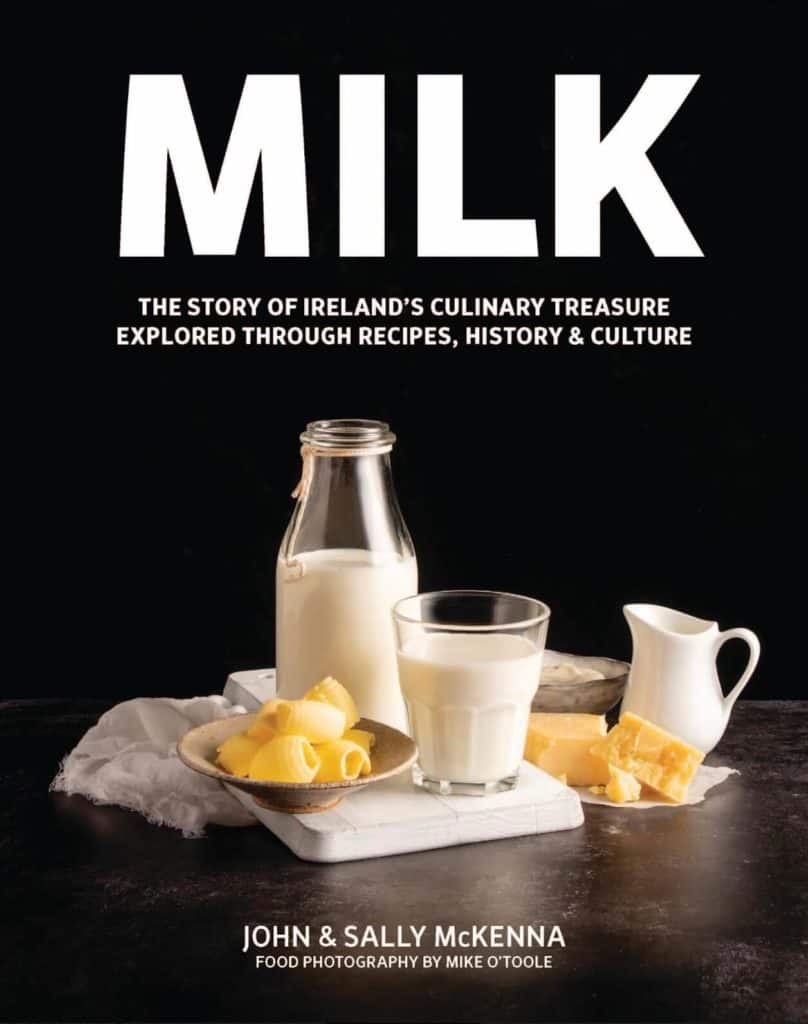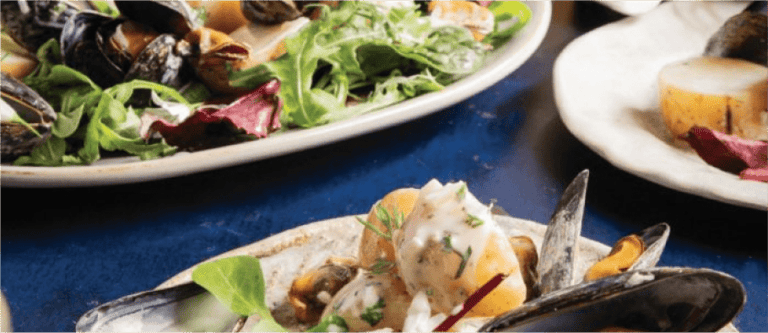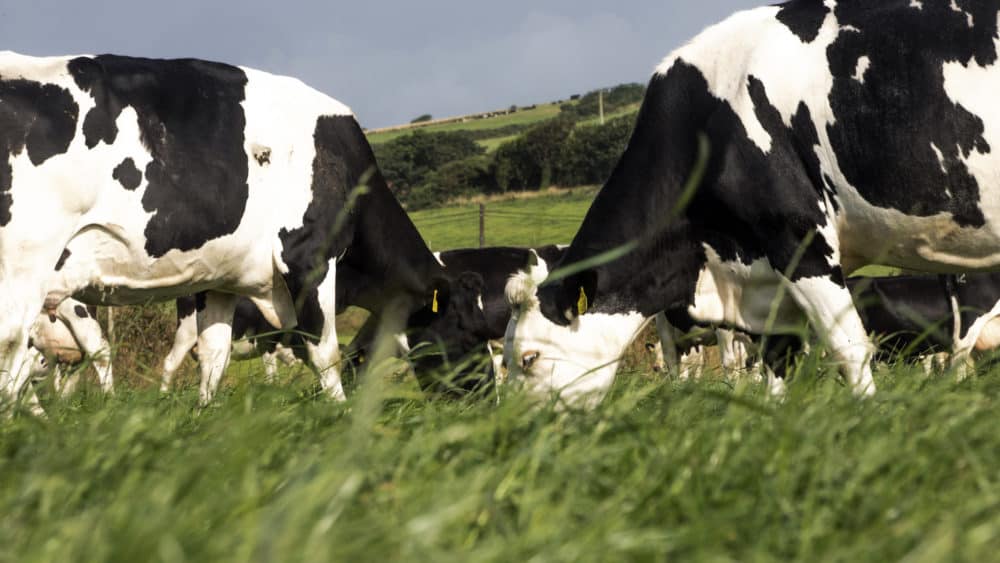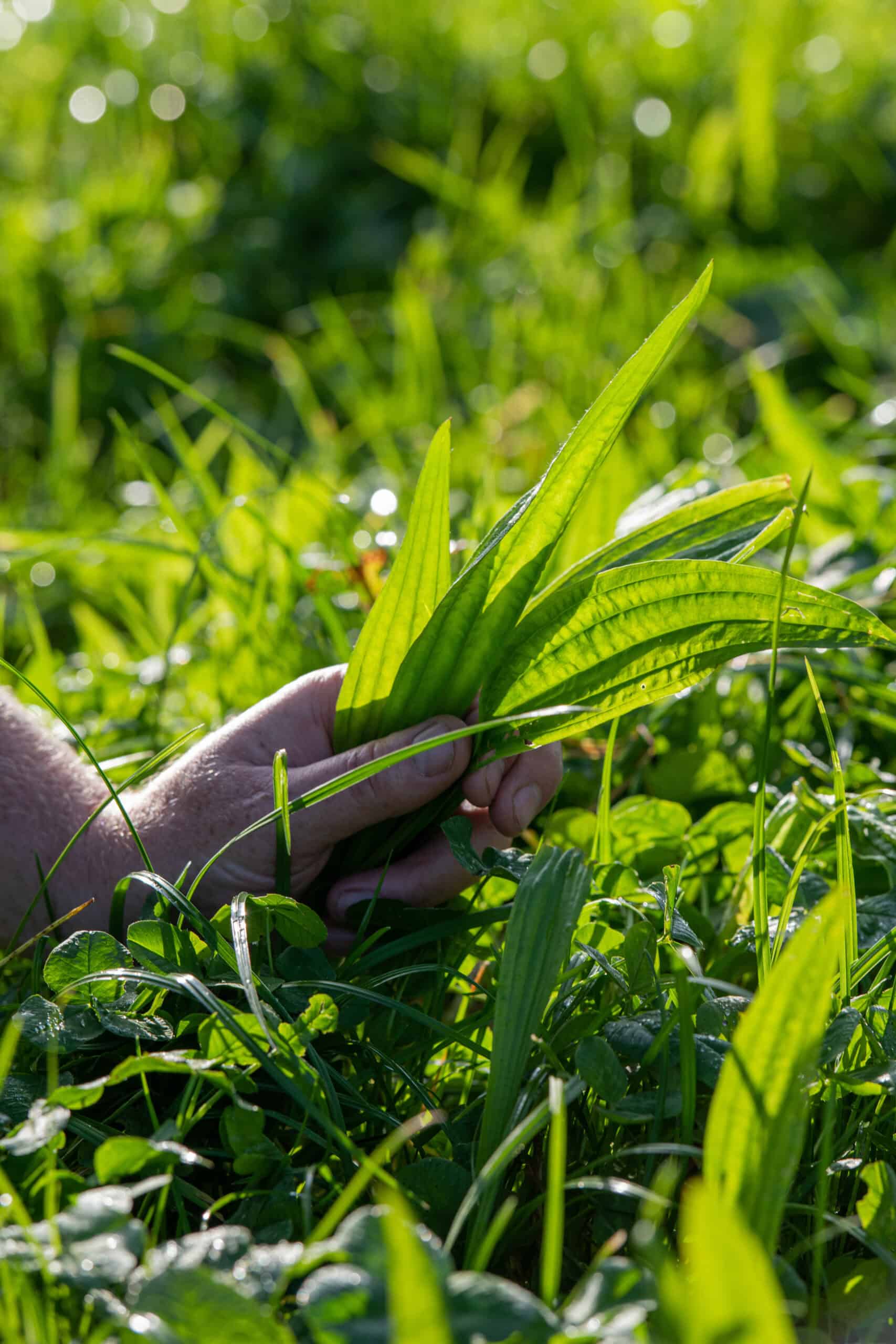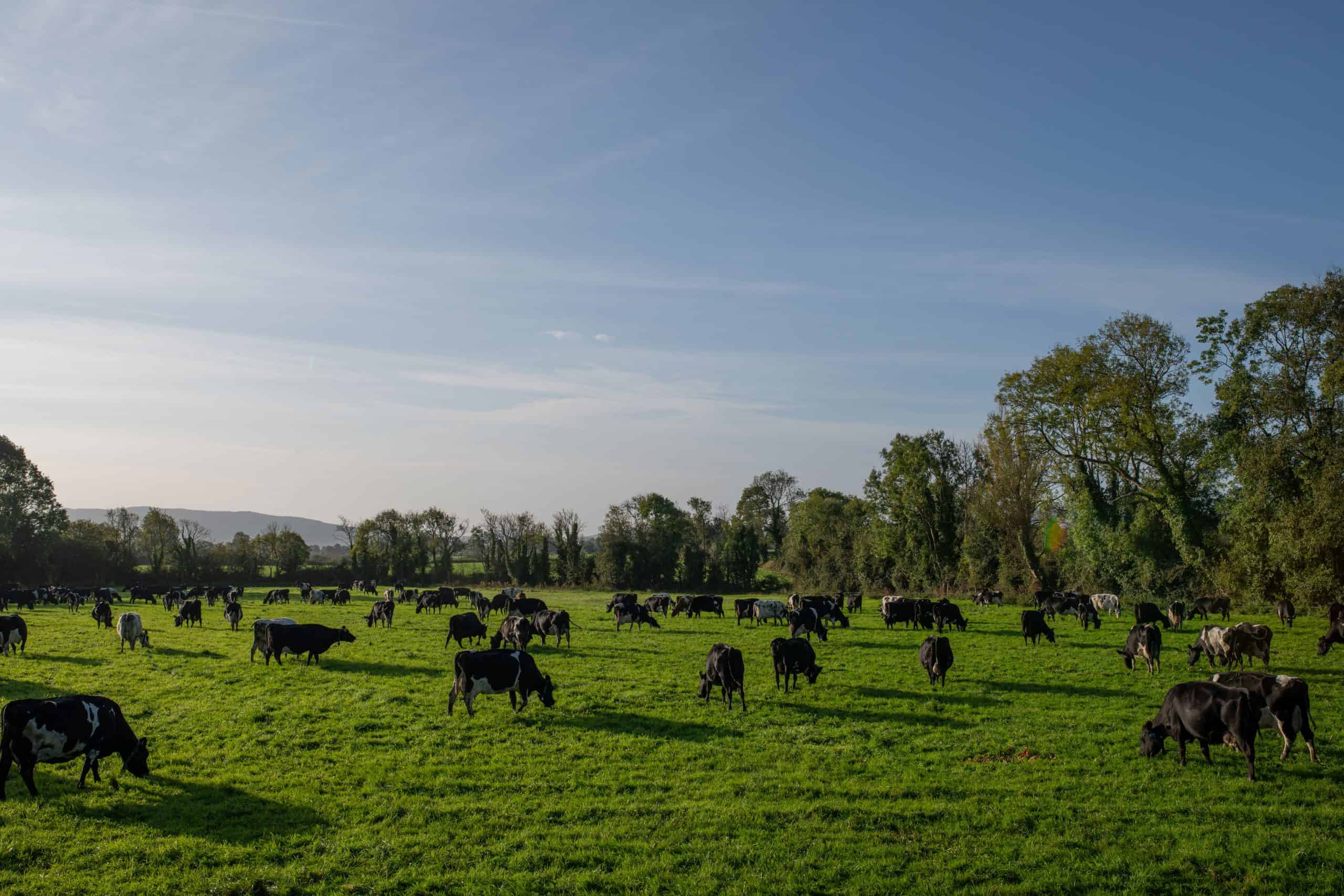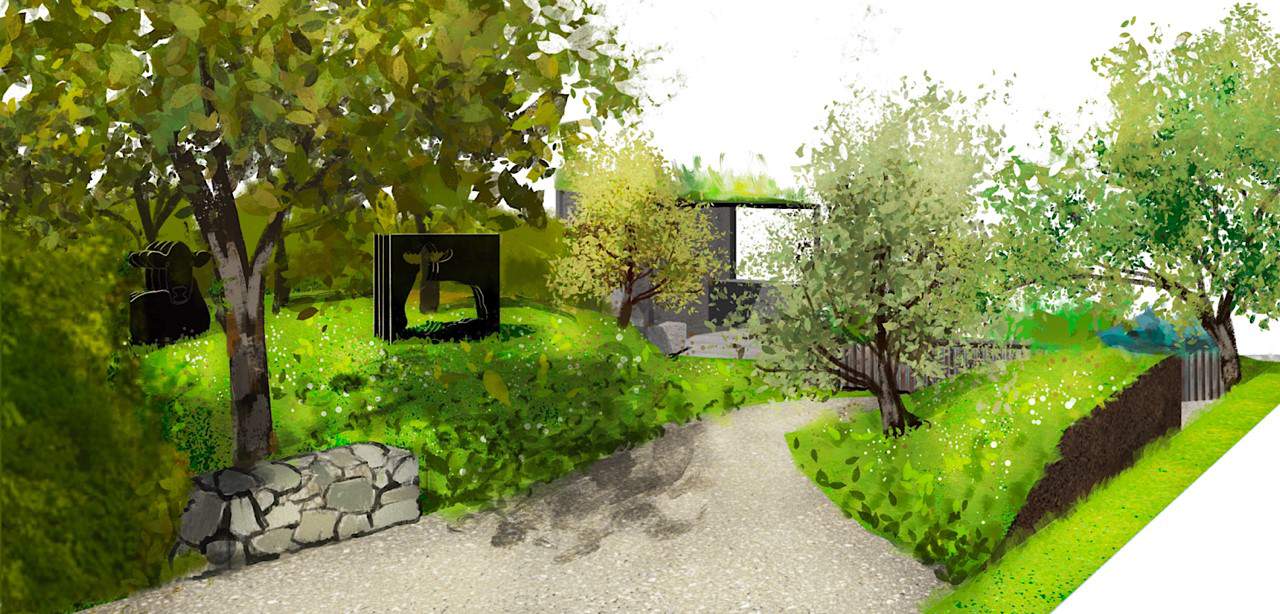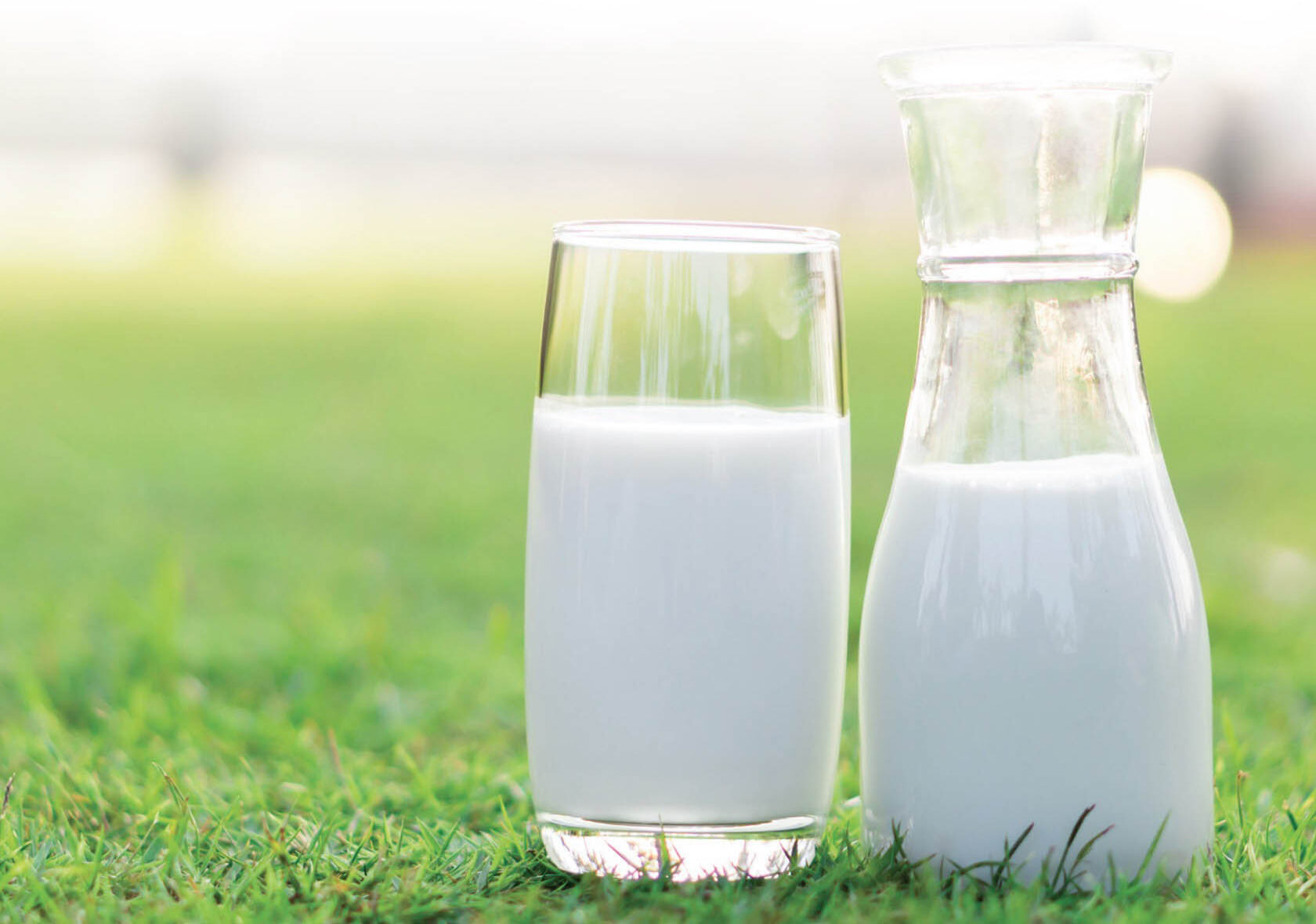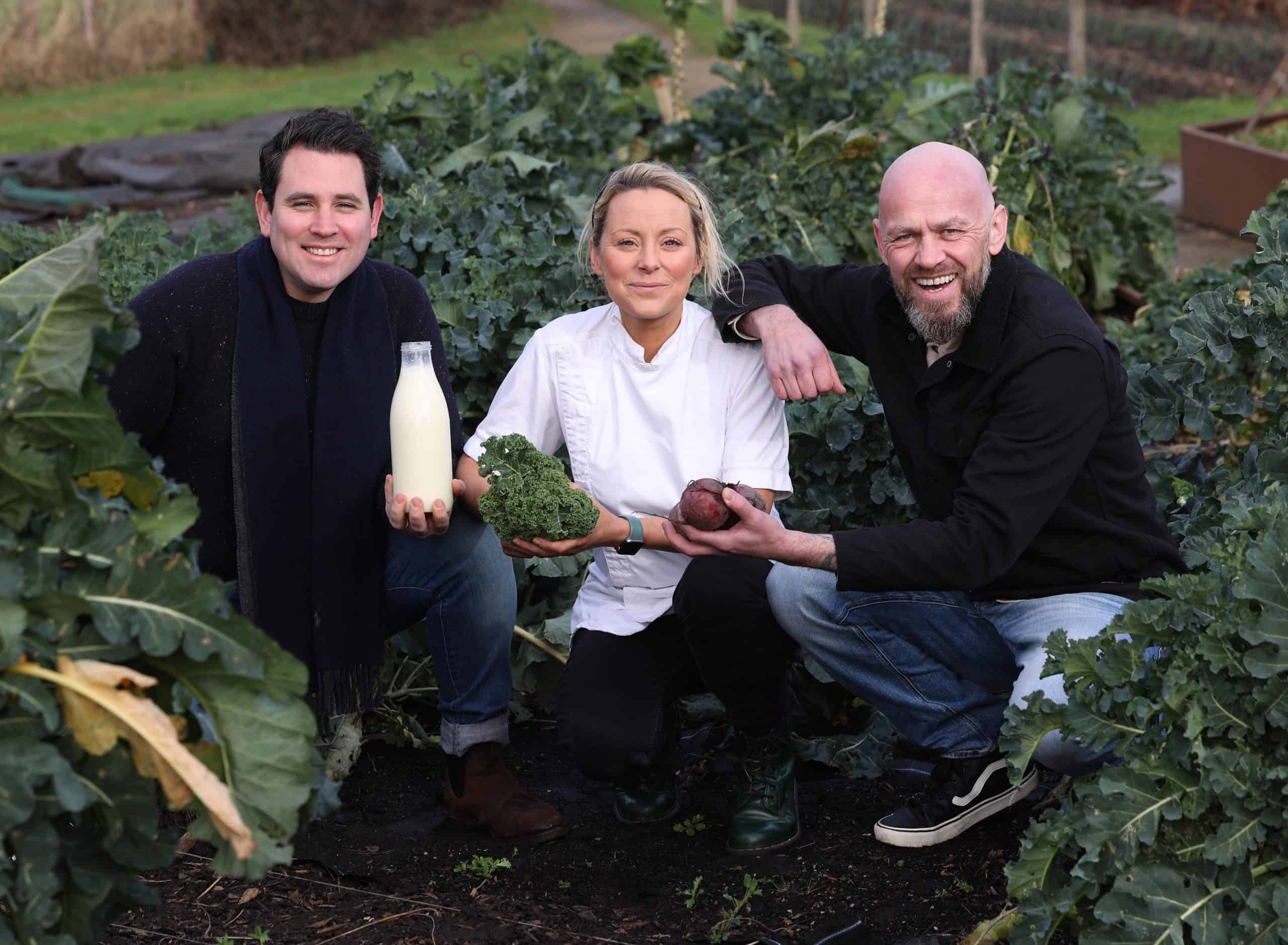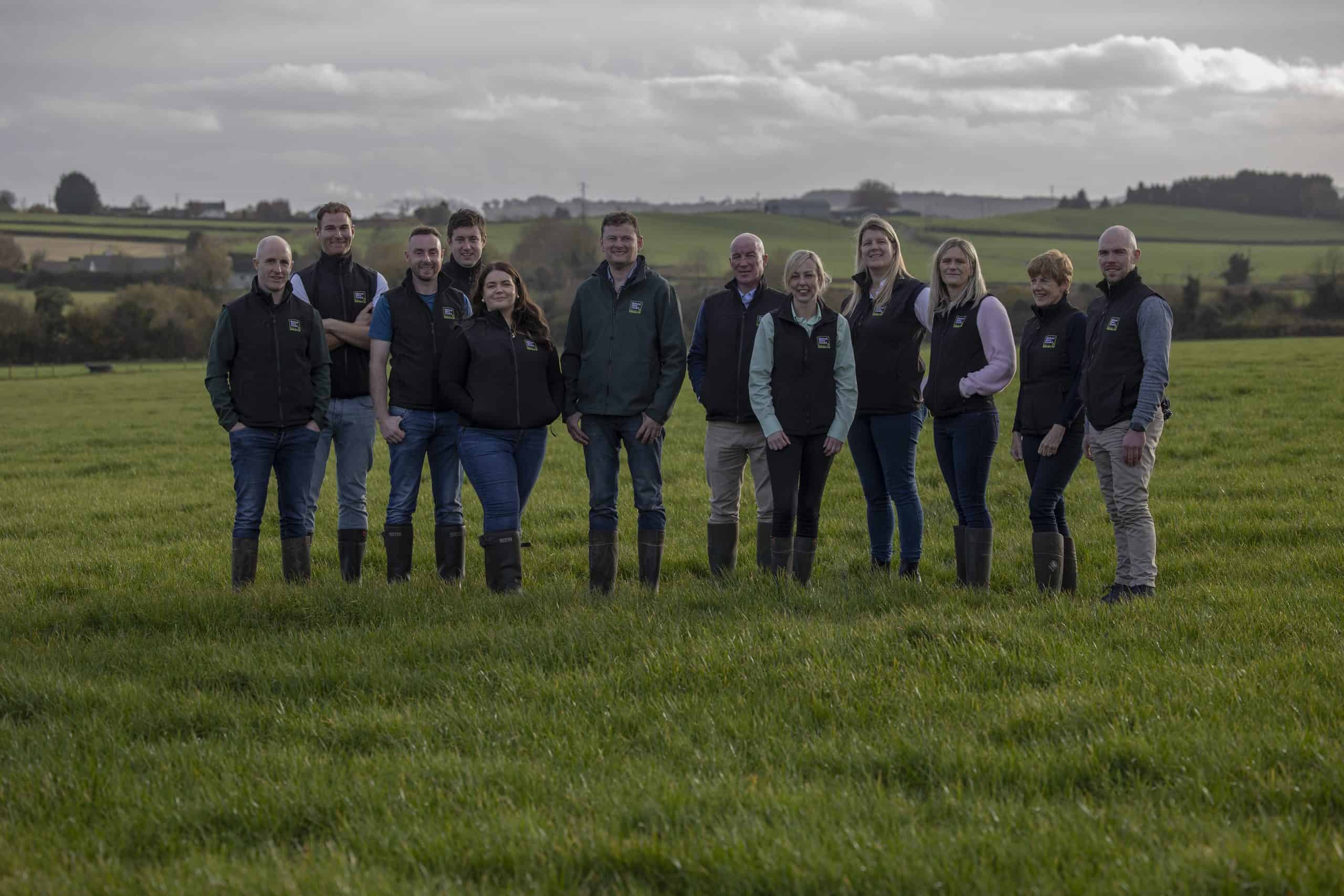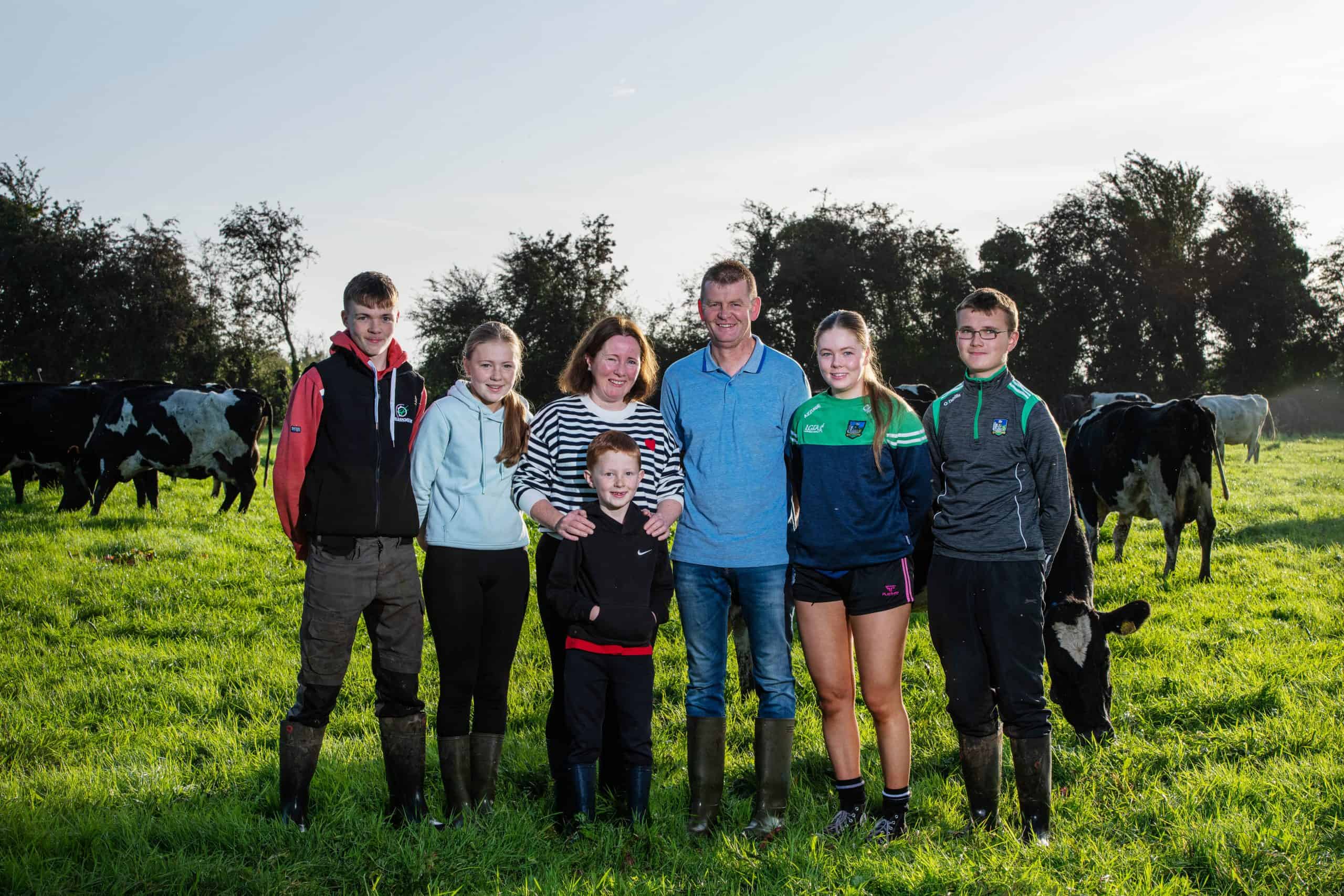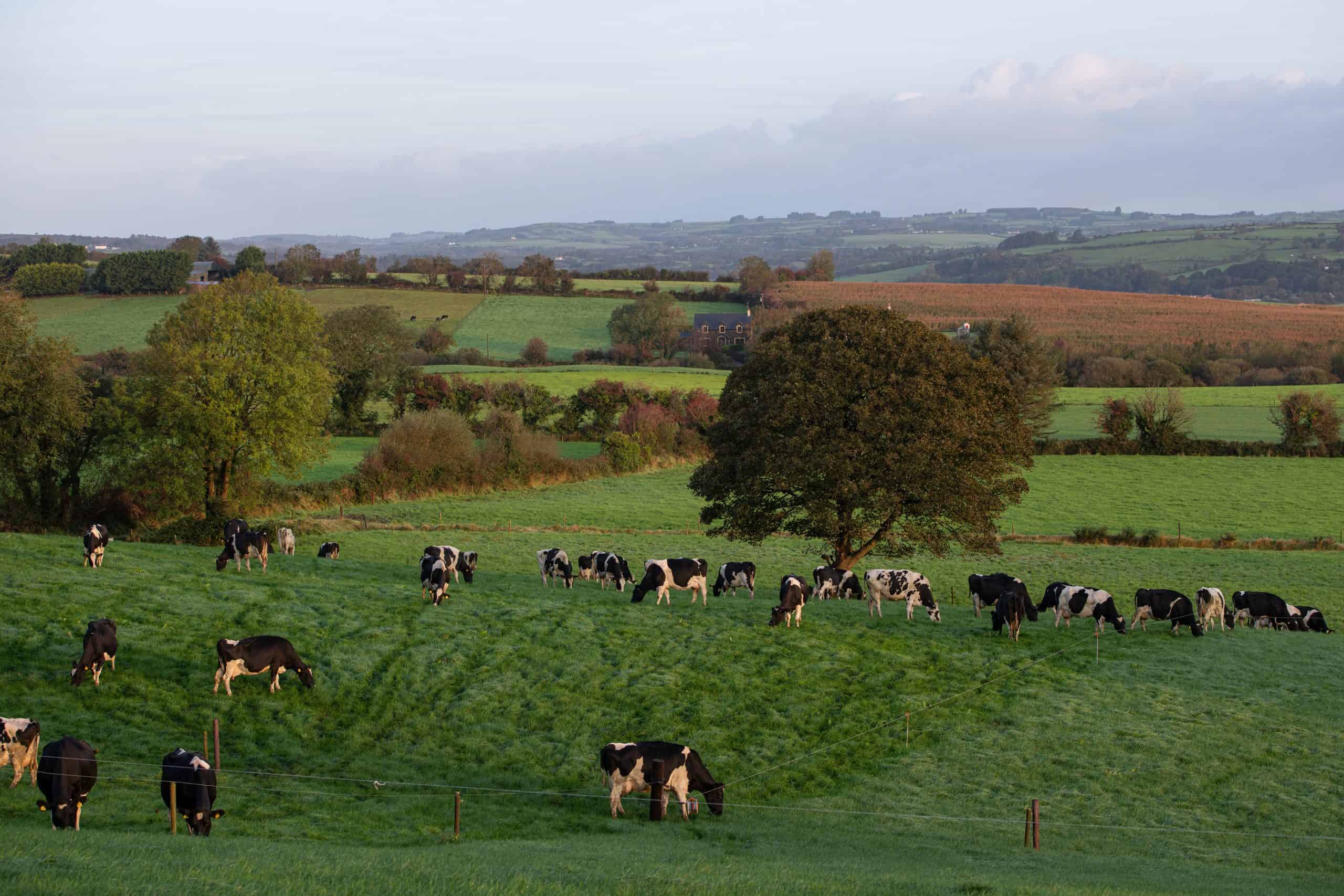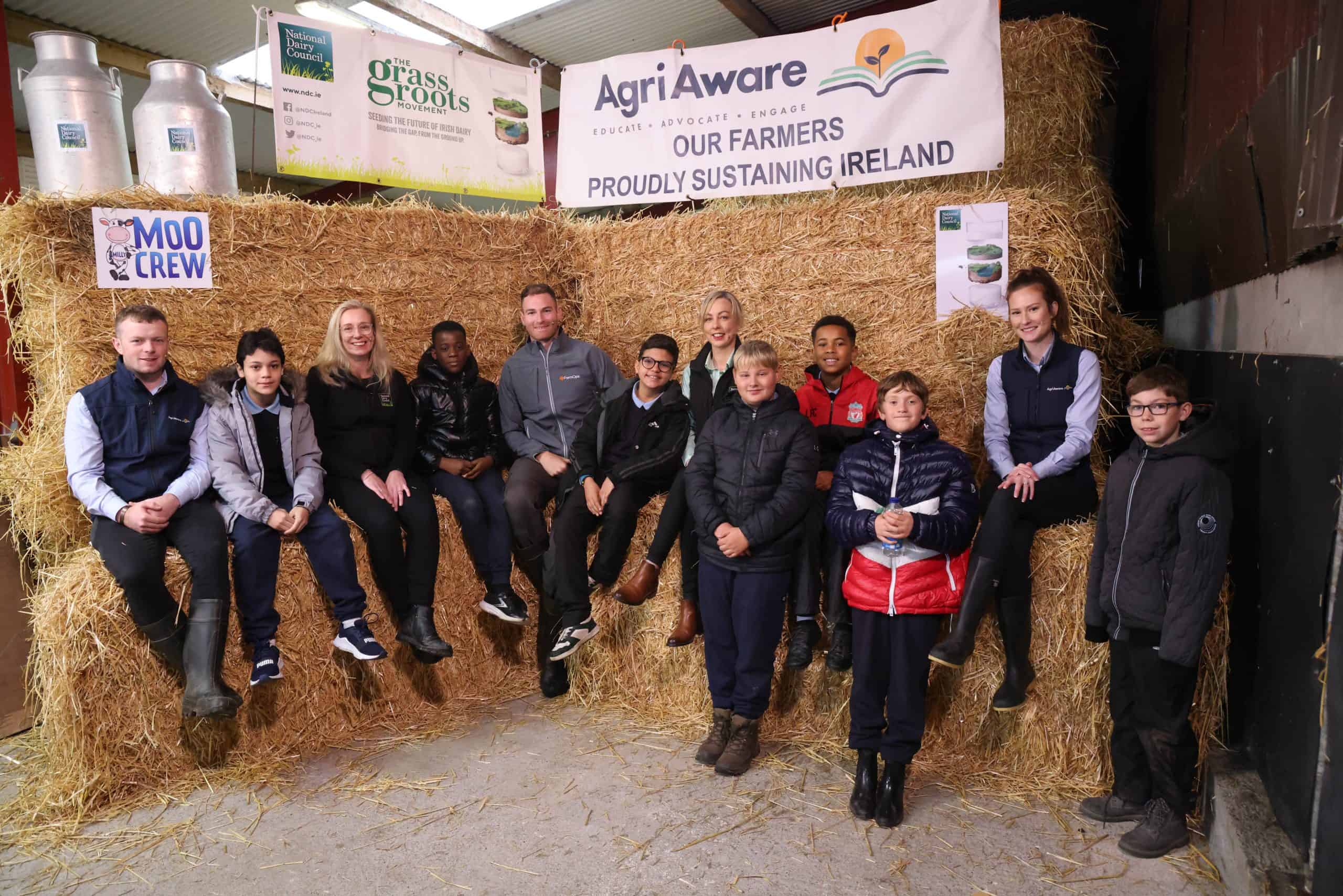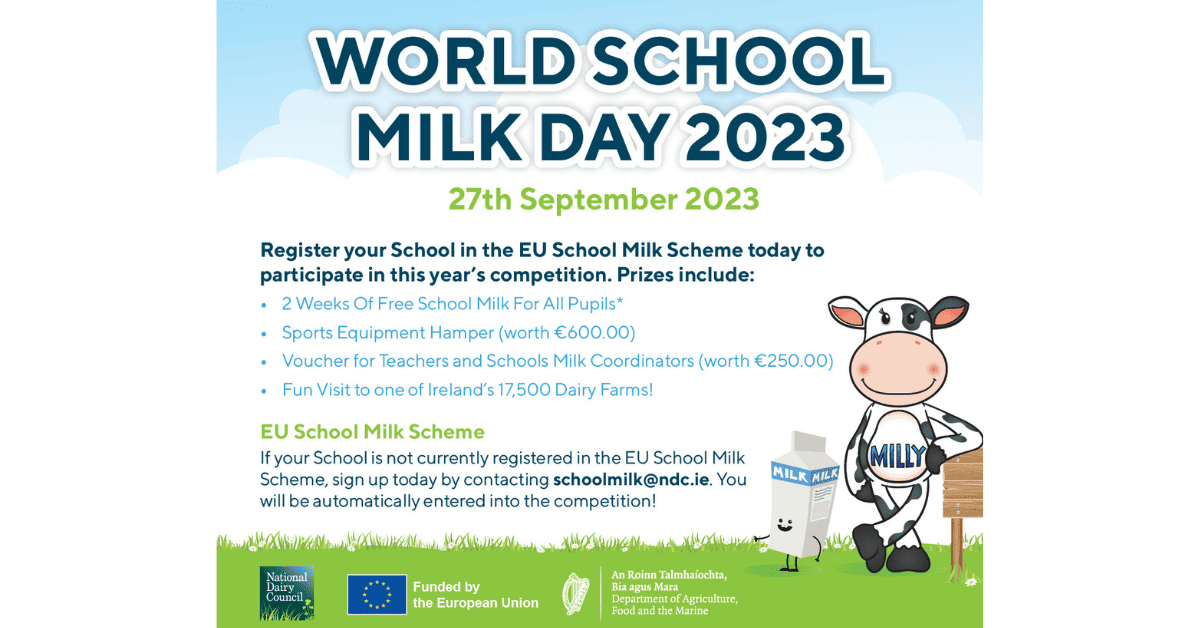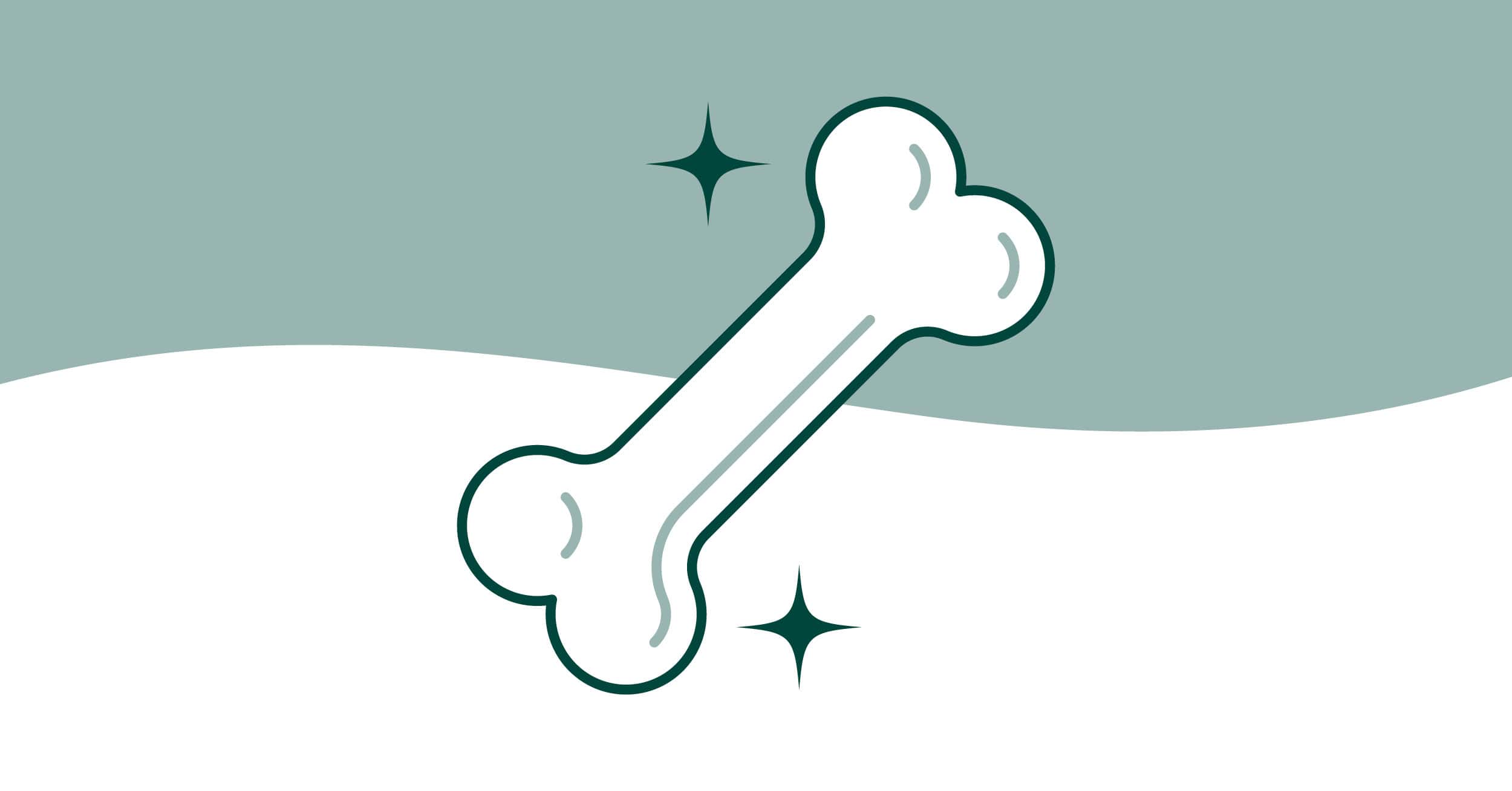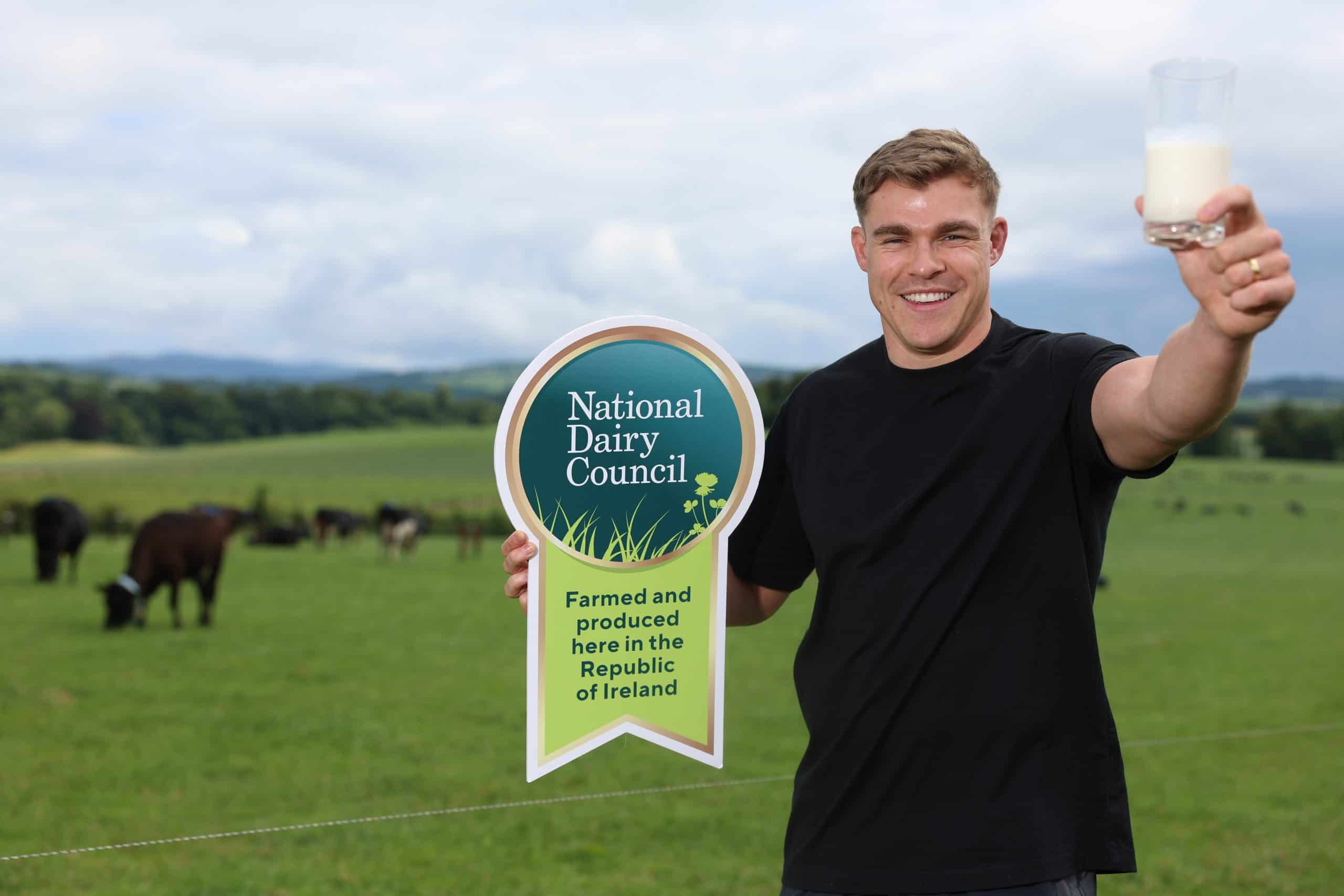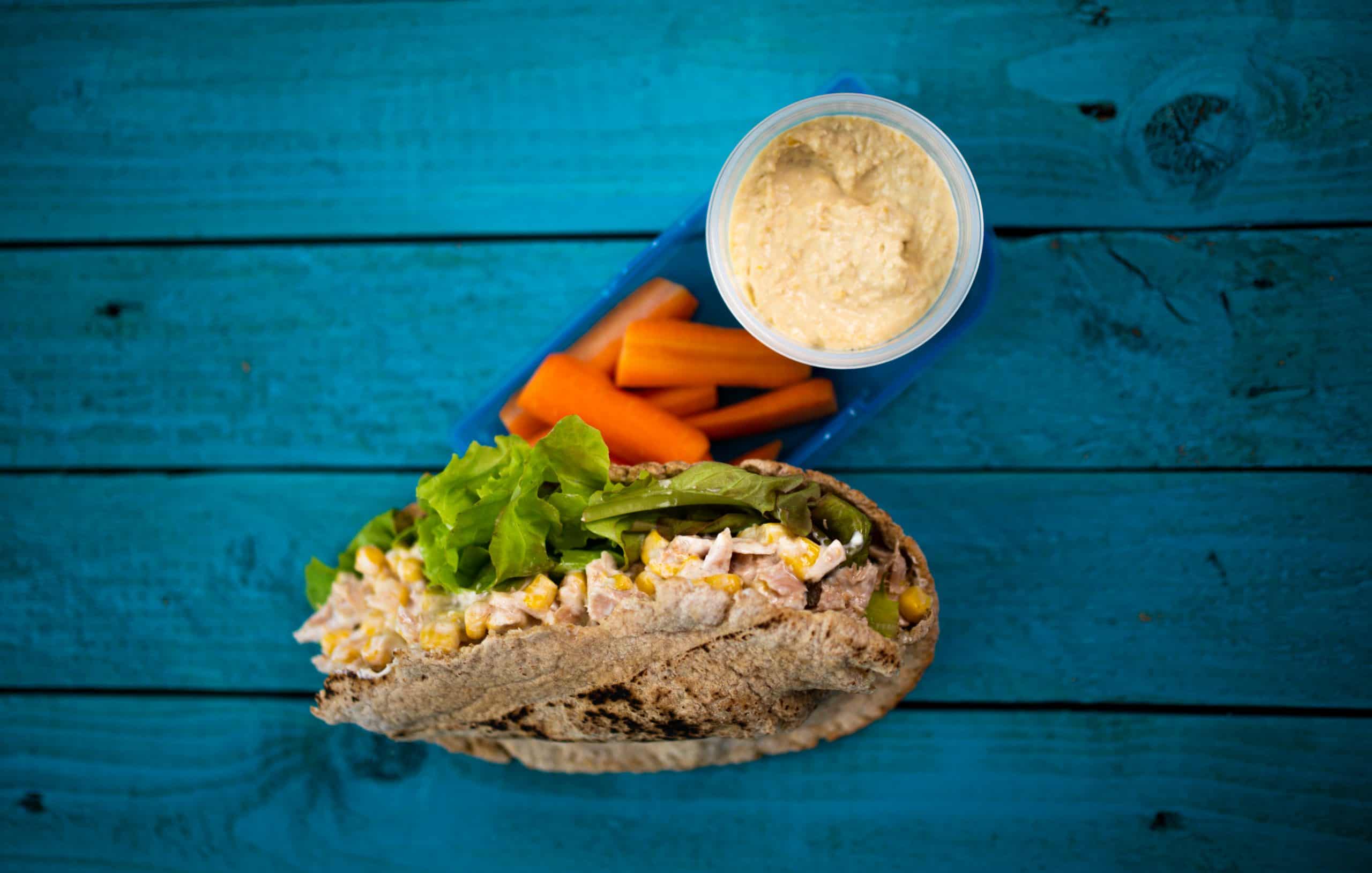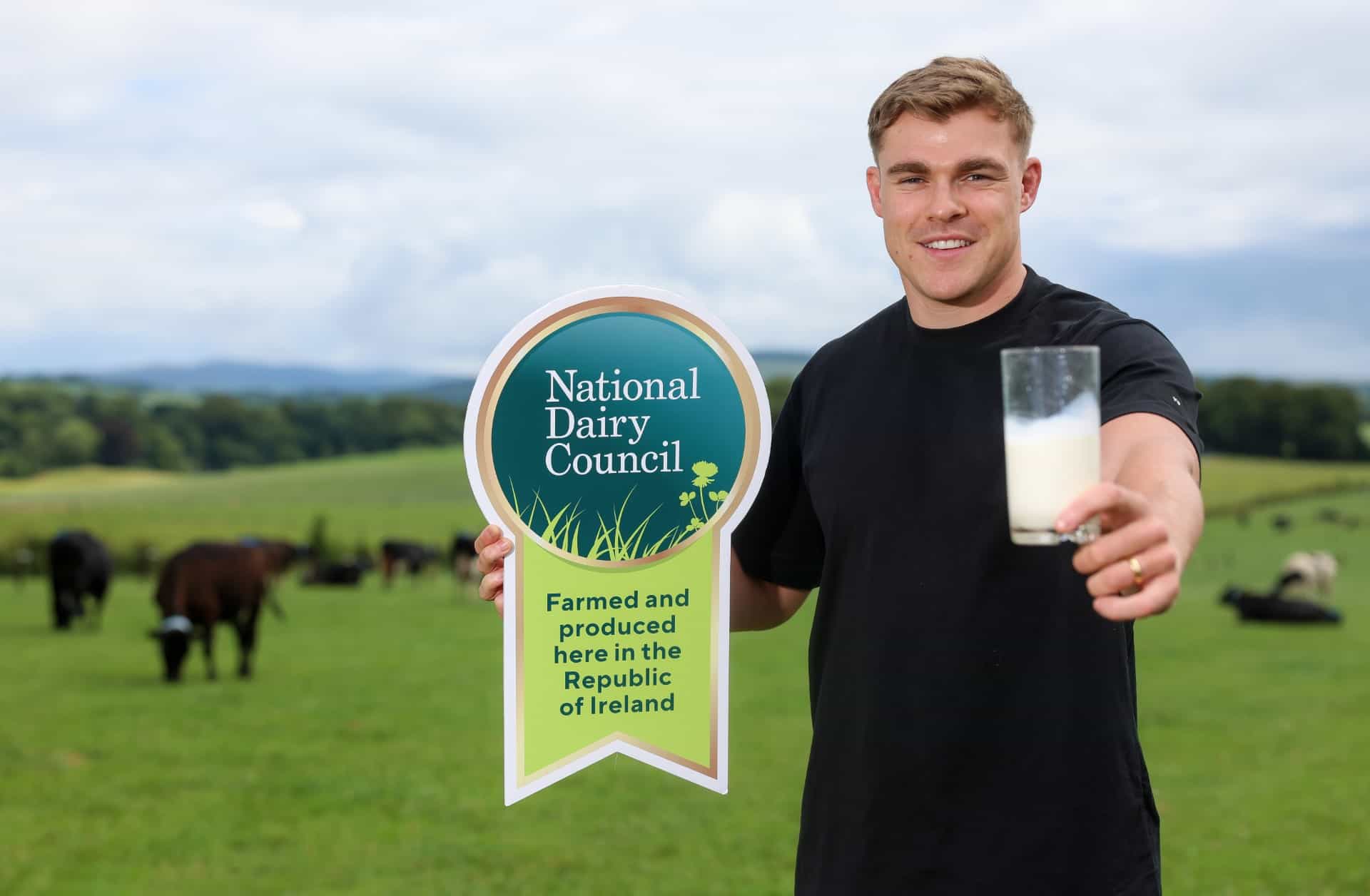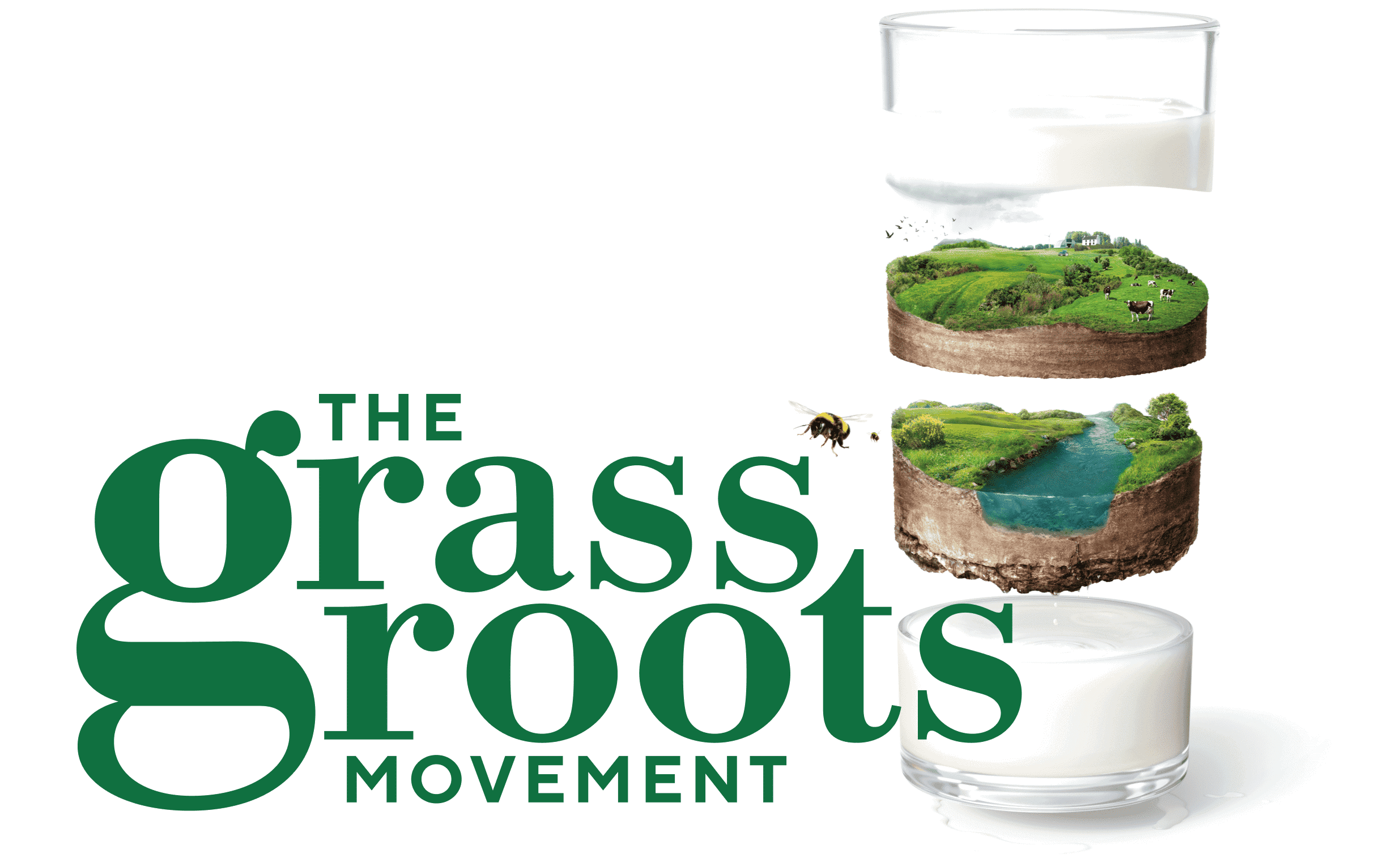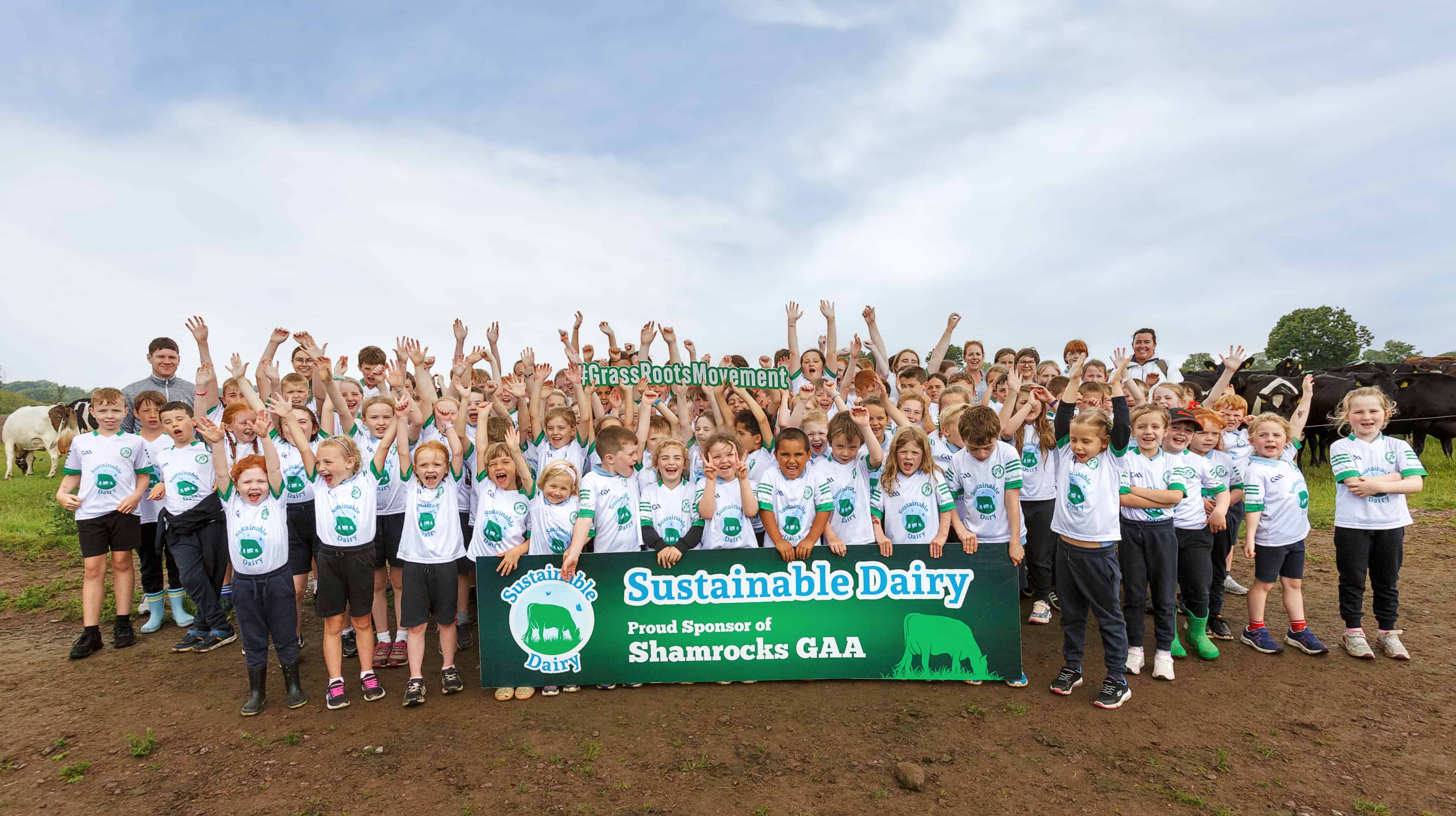Sustainability, industry action on emissions reduction and dairy’s social importance should be clearly and widely communicated to avoid curtailment of Irish dairy production, says industry body
Ireland’s dairy industry must unite and demonstrate the steps farmers are taking to reduce emissions and make dairy production more sustainable if it is to resist calls for a reduction in the size of the national herd.
National Dairy Council CEO Zoë Kavanagh said that farmers and representative organisations must communicate to consumers the social and economic importance of the sector, while also reassuring them that Irish dairy can meet its obligations under the Climate Action Bill.
Irish dairy and beef farming will be required to reduce, at a conservative estimate, around five million tonnes of carbon from its total of 23 million tonnes by 2030. The Climate Action Bill states that Article 2 of the Paris Accord warns against sacrificing food production in the pursuit of climate goals. Despite this, critics have said that Ireland’s emission targets can only be met by a reduction in the herd and by curtailing the production of dairy in Ireland.
Ms. Kavanagh said that the dairy sector must, with one voice, make it clear that this is not that case. “NDC research shows that consumer trust in dairy farmers is waning,” Ms. Kavanagh said. “Many people now believe that Ireland’s targets can only be met by a reduction in the herd and by curtailing the production of dairy in Ireland. 2022 should be the year we change that view.
“Irish dairy is exported to more than 130 countries, contributes to a nutritious diet for 45 million people, and delivers €5.2bn a year to the Irish economy. Add to that the fact that Irish dairy farming is the most GHG-emissions efficient in Europe and it becomes clear that Ireland is one of the best places in the world to produce dairy.”
The steps taken by Irish dairy farmers to reduce emissions include implementing breeding programmes to increase productivity and efficiency, reduced use of fertiliser, improved grass management, and increased carbon capture by hedgerows. Recent research carried out by VistaMilk put forward the view that Ireland’s national herd’s methane emissions may have been overestimated by as much as 18 per cent.
Ms. Kavanagh added: “Dairy is working hard to achieve its climate targets – using technology to streamline its operations and pursuing innovations in farm practices. However, unless we work together to build support amongst the consumer, showcase the actions being taken and highlight the importance of the dairy industry to Ireland Inc, then herd reduction must be seen as inevitable.
“Forcing a reduction in the national herd – which is currently the same size as it was in 1986 – to achieve Irish targets threatens both efficient Irish food production methods and also the future of Ireland’s 18,000 family farms and the 60,000 jobs supported by the industry.”
For futher information contact:
Cathy Currran, Communications Manager, National Dairy Council
+353 1 290 2518 | pr@ndc.ie
